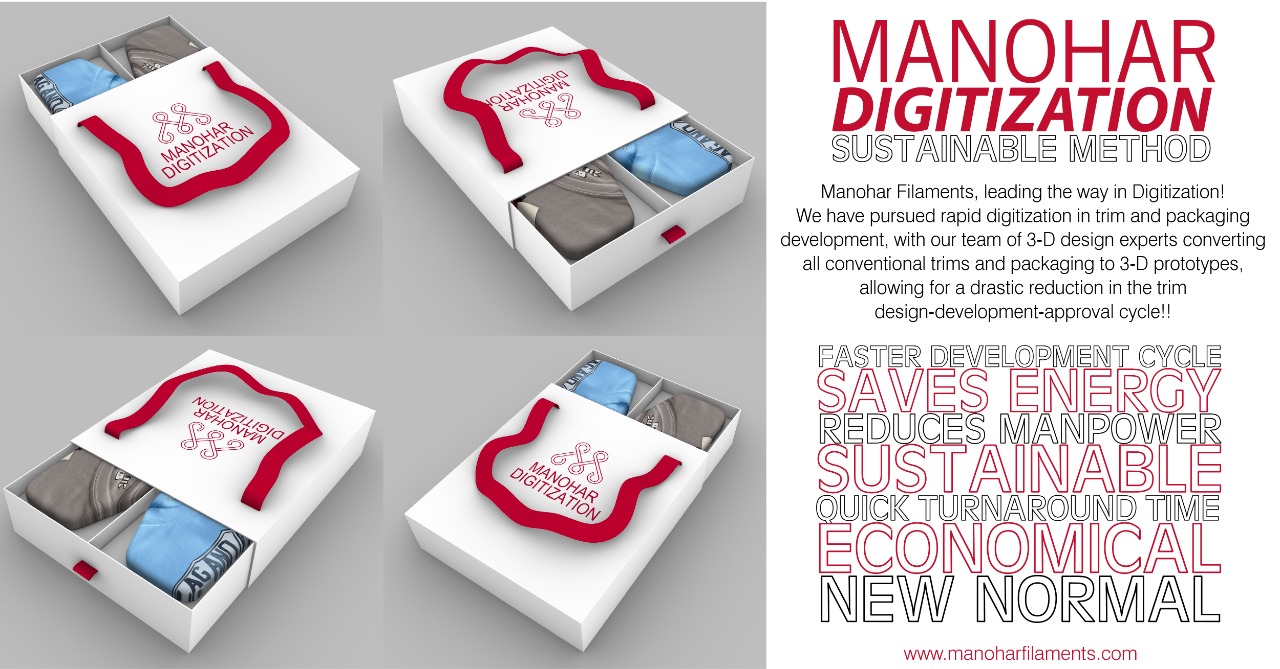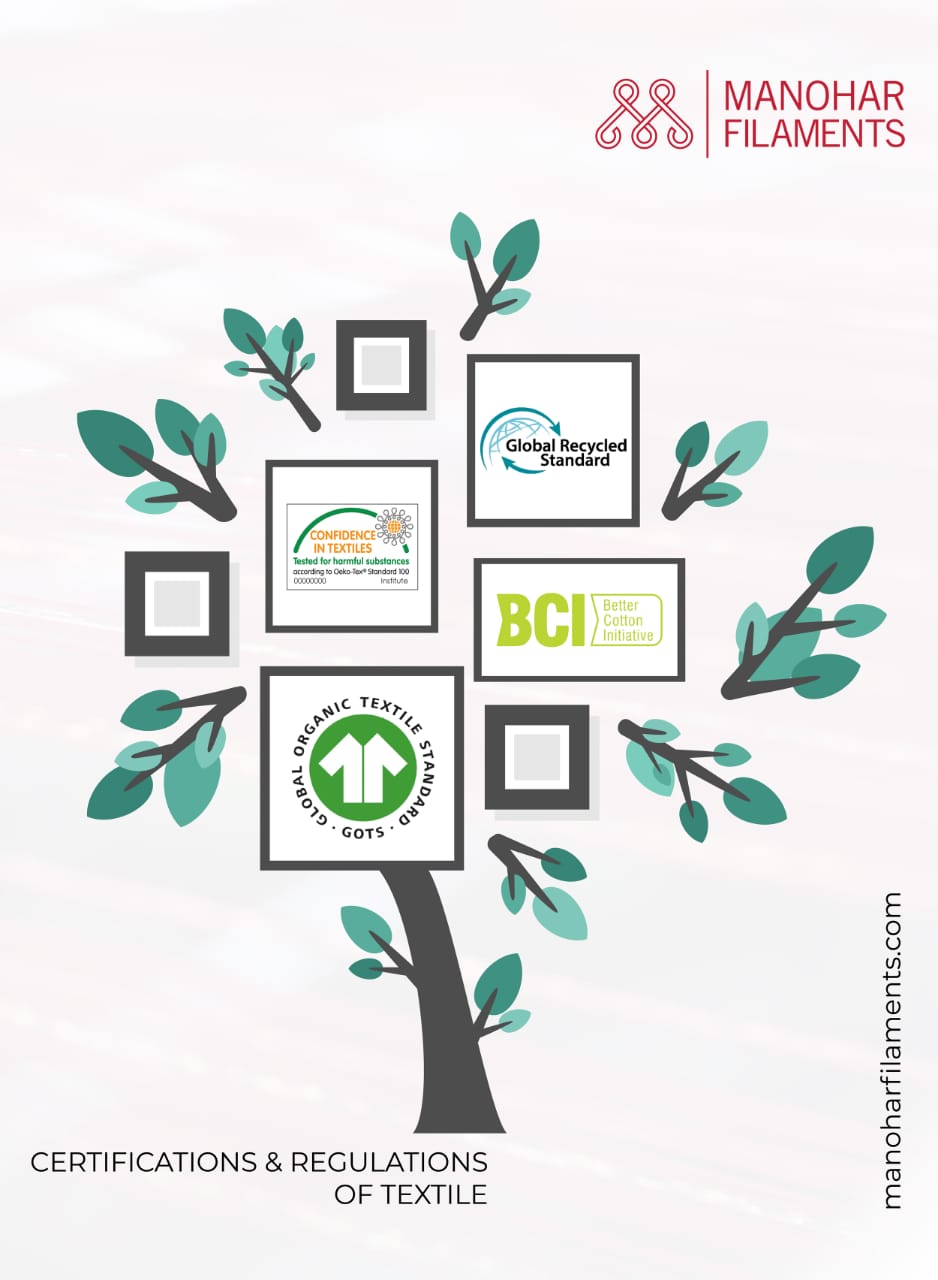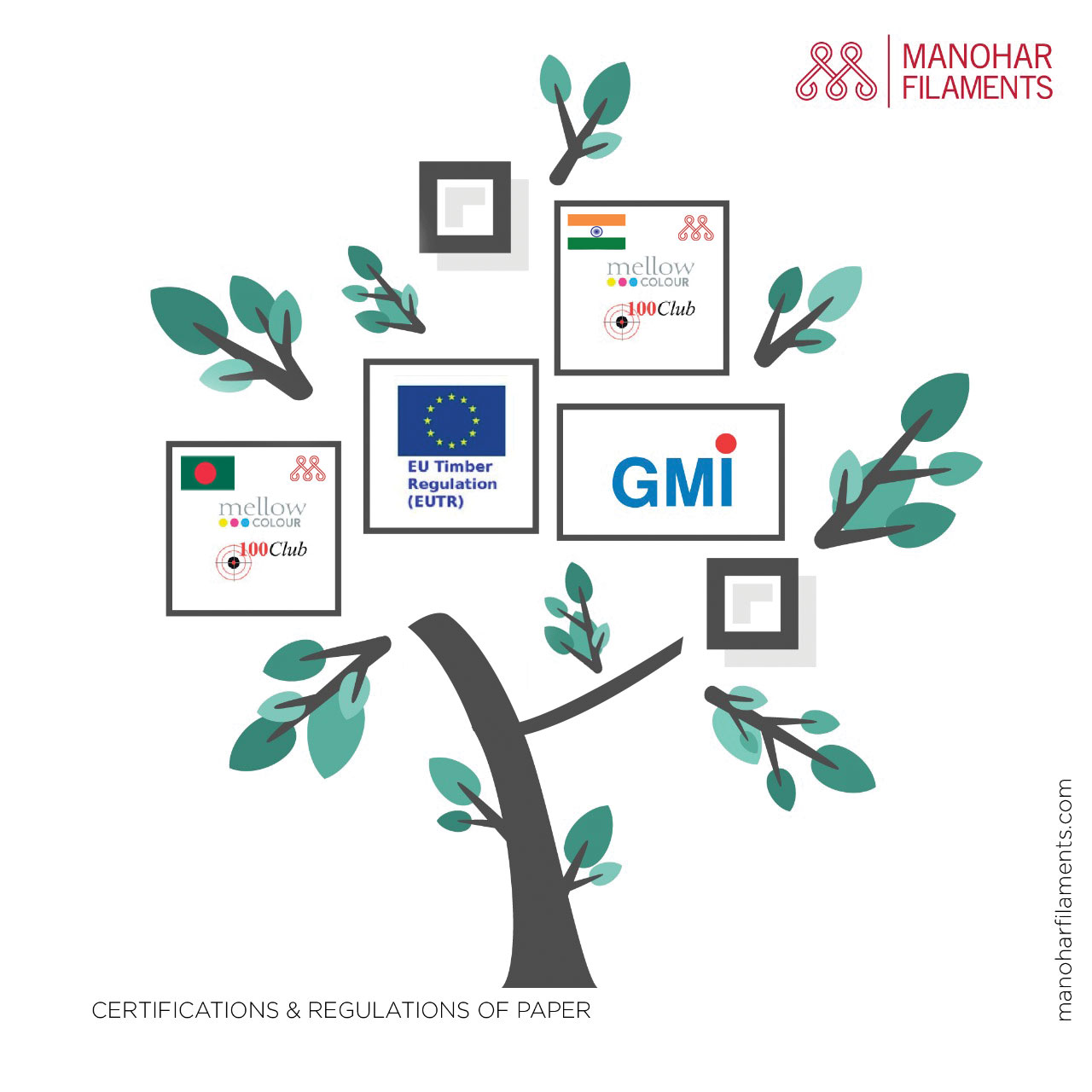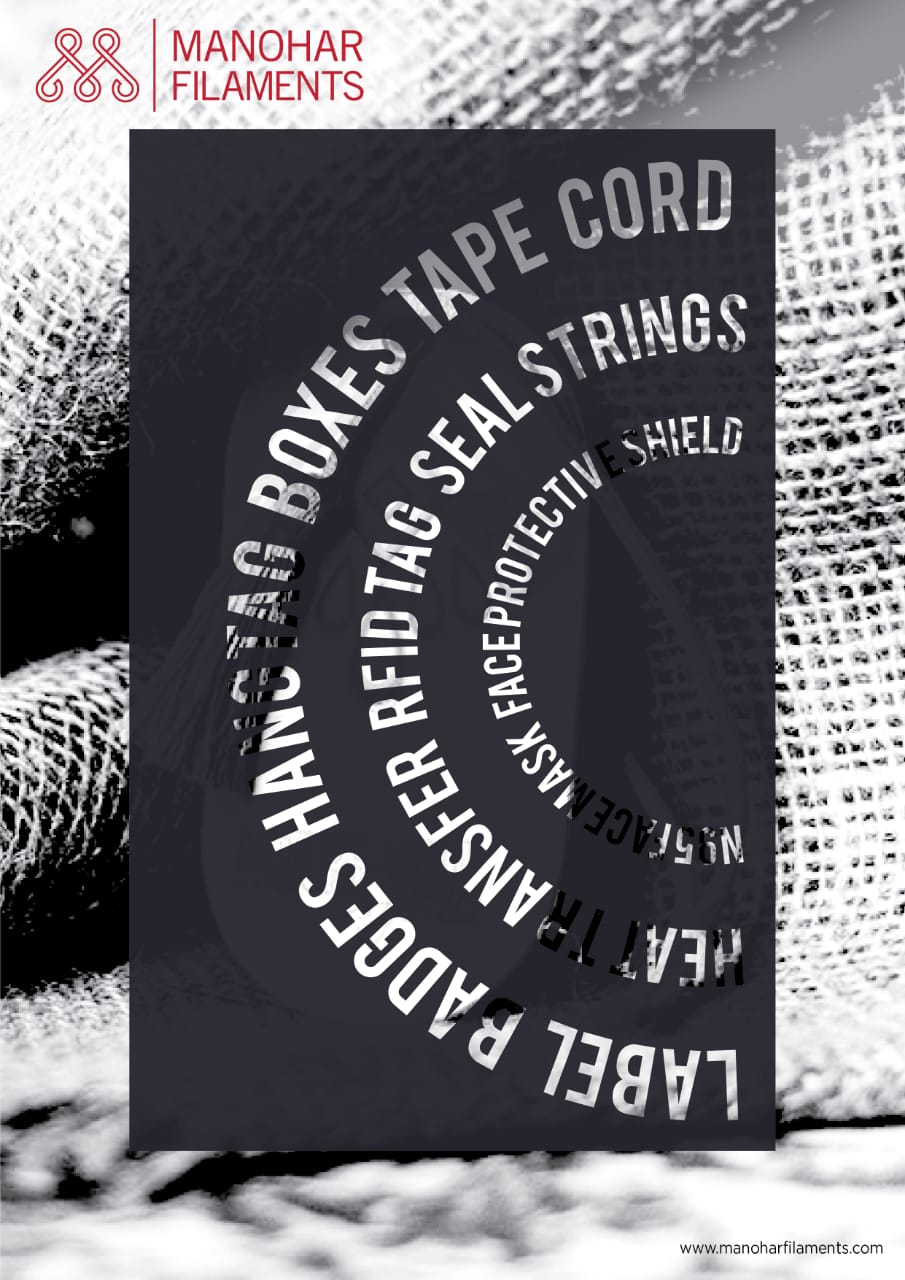Mr. Manish, good to have you answer few of our questions on sustainability and roles certifications play in creating a better value chain for retailers and brands around the world, to begin with, we would like to have your views on how perception and demand for sustainable products has changed over the years?
Manish Jain- Well, it’s nice to be able to talk about my experience managing the paper product business, hopefully our readers will gain some insight out of this, to answer your question, over the last decade, I have seen an exponential rise in awareness and demand for sustainable products, especially in paper based products, given that paper is a direct derivative of wood pulp and depletes forest reserves if not manufactured responsibly, the demand for sustainably sourced paper is justified. We as one of the premium suppliers in the Indian sub-continent for Brand management and identification, have grown from 20% to almost 65% recycled content in our manufactured products, with even the virgin material used in our supply sourced through sources which comply with industry standards set. Overall, we believe that in the next 5 years we will be supplying 100% recycled or fully sustainable virgin paper for our buyers and brands. In a large part this quantum leap towards being more and more sustainable can be credited to the conscious and well informed end-customer or consumer, who is inspiring and sort of pushing the whole retail value chain to be more sustainable, which I believe is the right course of action and we as a company endorse sustainability and efforts therein as a strategic and social priority.
What about certifications, do you think they have an impact on making suppliers chose their paper and raw materials more responsibly?
Manish Jain- In my view, all certifications which exist to improve the quality of product or ensure social compliance or ascertain traceability of material being used in a given value chain, are extremely effective, I would go a step further and say perhaps absolutely essential to ensure that suppliers are acting ethically and in accordance with the standards set, these certifications and audits not only benefit the consumer or the brand, but most of all it benefits suppliers like us, helping us improve our operation and lets us uphold our commitment of quality and compliance for our global partners. Certifications which deal with the chain of custody certifications like the FSC® paper (ask about our FSC® - certified products) & EUTR for paper and GRS for textile are extremely effective, from a buyer’s perspective having a supplier comply with and manufacture products which are certified with such bodies, means peace of mind, and assurance for their customers that their packaging or labels comply with their sustainability goals. For all suppliers who are willing to go that extra mile like us, having these certifications indicate our willingness to collaborate with global brands and retailers to ensure we have a better future and cleaner more sustainable environment globally. Using recycled and responsibly sourced material does not necessarily have a great cost impact and since it is obviously good for the environment, we at Manohar Filament not only comply with, rather we promote the use of material certified through FSC®, EUTR & GRS.
From a product perspective, do you see any changes in the way Brands around the world are using sustainable and paper based products?
Manish Jain- That’s a very good question, one that I am always excited to answer, so, we are seeing two emerging trends, which is what I find interesting and what is driving us to be more innovative in our product engineering. The first trend and the more obvious one is to source more sustainable products from a product content perspective, which basically implies using paper which is sustainably sourced and has a recycled component, this is for traditional products. However, a second more interesting trend which is emerging is an active pursuit by responsible brands and buyers across the world to replace products which were traditionally plastic based by papers, and over the last two years or so, we have designed and supplied a myriad of sustainable paper products which would otherwise have been plastics, these products range from hangers to carry bags and from boxes to retail shop displays and hooks, it’s amazing the possibilities which open in product design and engineering once the Global Brands stand up and take notice, they really have the power to change the world and we as suppliers are humbled to be playing a role in converting plastic based products to paper based ones.
What are the queries you come across when a buyer or customer demands sustainable paper based products?
Manish Jain- For anyone not dealing in paper and paper based products, the switch from regular or non-certified paper to a certified and responsibly sourced paper is a challenging one. To add to the complexity, understanding various types of certifications and paper types offered under these certifications and their cost impact can be quite challenging for anyone. More often than not, we get two or three common concerns, one being what sort of paper is ideal to replace current paper from an aesthetic and cost perspective, whether or not recycled paper from indigenous mills can be trusted on recycled content if not certified and what combinations of paper are to be used for complex and functional products without increasing the overall cost and manufacturing complexity. Manohar Filaments as a company prides itself of delivering a comprehensive sustainability program for its buyers and customers, we perform a full tutorial for our partners explaining them what entails having an FSC® or EUTR certification for paper and how chain of custody is vital in ensuring paper is responsibly manufactured and flows through their value chain, what are the different claims of FSC® paper, meaning how is FSC® 100% claim different than say an FSC® recycled or FSC® Mix claim, what are the cost implications of replacing current paper type by sustainable paper, how to ensure recycled content is accurate and which mills are better suited as a source for non-certified recycled paper. What I have explained briefly is just the tip of the iceberg, a sustainable project takes a lot of work, from all functions of our operation, however, our goal is to always deliver the best possible option at the least possible cost and environmental impact.
Final question, as a supplier of paper products, do you think brands and buyers will reduce the use of paper from their products and supply chains, especially when it comes to Branding?
Manish Jain- Excellent question, reducing paper itself is a sustainability goal, I couldn’t agree more, we as a manufacturer of paper based products our self, target reduction of paper use in our operation, but that’s for our internal use, the regular printing paper which we used to carelessly print for reading and then dispose, creating unnecessary waste, internally our goal is to reduce paper consumption by 50% by next year or so, reduction of paper consumption unless it solves a functional problem or its use is reducing negative environmental impact, should absolutely be prioritized. Moving on to the next and important phase of my answer, Brands and Retailers, I believe will increase paper based products in their shops and for the packaging of their products, all the products we manufacture, be it Hang Tags, Price Tags, Stickers, Boxes and Packaging, have an aesthetic and functional purpose, which if replaced would affect both brand identity and compliance, thereby their use is justified, also, if these products can be made re-usable and can effectively replace plastic based products, it gives all the more incentive to use paper. I see an increase in use of paper based products and predict that paper in retail and fashion value chains will continue to replace plastic based products, finally, I urge partners and readers to push for more sustainable initiatives and demand suppliers to meet and exceed sustainability requirements for a better world, we all contribute to construct.

Q&A Session with Mrs. Rashmi Sharma (Head IT) and Mrs....

Question- Mr. Amit, how do you think the Apparel industry...

Mr. Manish, good to have you answer few of our...

Interviewer- What do you think sets Manohar Filaments Apart from...